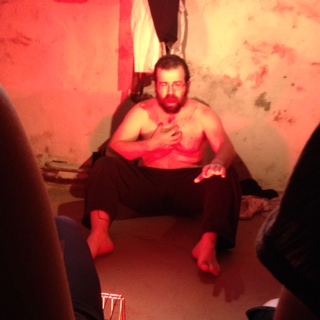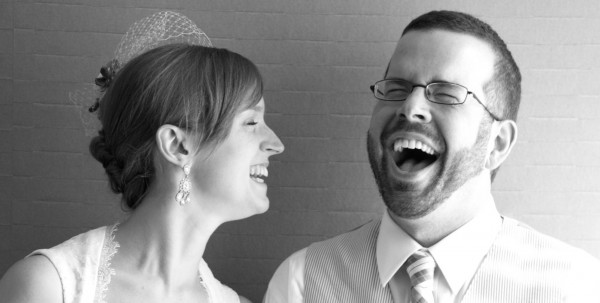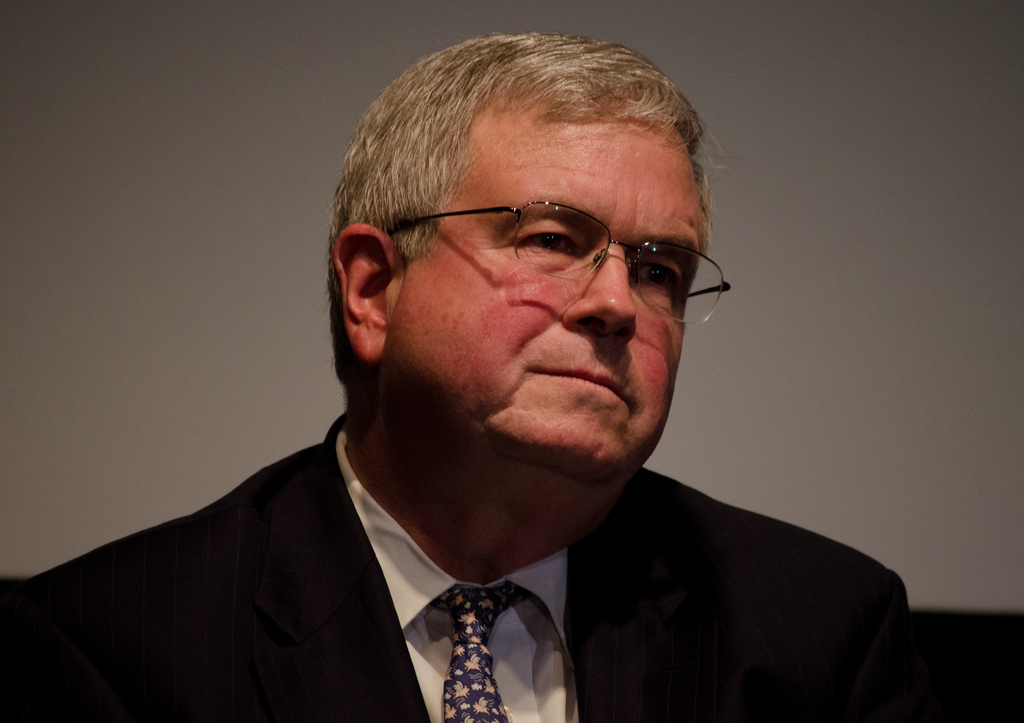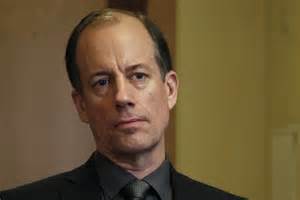Whenever my face hits the mud of a first mistake, I’m usually surprised by how many people seem to be watching and wondering: What will he do next? What’ll he say? What does he really mean? Has he accepted responsibility for what’s happened? Said he’s sorry?
Assume that your mistakes will always attract a crowd, especially at work. When you’re busy (or overwhelmed) it’s surprisingly easy for one knee-jerk reaction to compound your next one, until you’re doubling-down while everyone else is wondering why you’re so intent on making a bad situation even worse.

Work mistakes are rarely private moments. And that’s actually the interesting part, because a mistake that’s out in the open gives you a chance (sometimes repeated chances) to say something courageous and totally unexpected about yourself, to start-over in front of a surprisingly large audience that’s close to writing you off.
There were two news stories this week with just this kind of ending.
Everything about them speaks to a crowd that’s even larger than those who were already following because we don’t get to see anyone rewind and start over very often, and secretly hope (at least I think we do) that when the moment arrives, each of us will have the character to do the same.
I got into writing about values because I’m convinced that most people want to act morally but few actually know how. There are several reasons for this today, including:
- a decline in institutions that once saw themselves as custodians of our social values, such as churches;
- the reluctance of other institutions (like schools and parents) to pass their own values on to new generations; and
- a preference for lazy cynicism (in politics, in the media, and in our interactions with one another) instead of forging deeper commitments.
As a result, even when you want to act morally, you are increasingly “on your own” to figure out how.
Even when you want your work to mean more than a paycheck, you have to figure out how to find and do work that can engage your mind and heart like that.
And outside of traditional religion, almost no one is offering help to those who are groping for these answers today—which is another reason why these stories seem so compelling.
The first is about a message T-shirt that Frank Ocean wore at a recent concert, and the second is about a twist in the admissions policy at the University of California at Irvine. So in case you missed them. . . .

I was already a Frank Ocean fan. (If you don’t know his music, you can get a taste of it here.) He has also been a hiatus from touring, so when Ocean reappeared recently in New York City his fans were already watching. But it was his T-shirt that caused a sensation.
The T-shirt featured a tweet from an 18-year old named Brandon Male that asked: “Why be racist, sexist, homophobic or transphobic when you could just be quiet?” Both the sentiment and the bid to “just be quiet” are very Frank Ocean, but Mr. Male had a different reaction when he found out about it. His tweet was suddenly selling even more T-shirts, and the sellers still hadn’t bothered to reach out and say: “Thanks man.” This time, Mr. Male couldn’t let it go.
Kayla Robinson, also 18, runs the on-line company which sells the T-shirt. It calls itself the Green Box Shop. Mr. Male had already contacted the company last January, after somebody known as @lustdad posted an image of himself on Twitter wearing the same T-shirt and saw his post retweeted 87,000 times and liked by 191,000 people. (To put this in context, the most retweets or likes my posts have ever gotten is around 5.)
Anyway, Mr. Male thought this was valuable promotion too, but when he contacted the Green Box Shop, someone who was not Ms. Robinson pretty much blew him off. “They told me I needed to calm down and said they credited me on Instagram one time,” he said. He was prepared to let it slide, but then Frank Ocean out the T-shirt on.
Following the concert, Mr. Male took his complaints to Twitter directly and received an outpouring of support (“give him his coin!”), some of which finally got Ms. Robinson’s attention. Apparently, she doesn’t handle the social media side of things, but realized that something was happening, that is, something beyond her company receiving 5400 more T-shirt orders than it received on a typical weekend. Ms. Robinson sent Mr. Male $100 and added a link to his tweet on her product page, but if she thought this would put the matter to rest. . . . As Mr. Male told the New York Times: “They threw me $100 and told me to go away.” By his calculation, $100 was less than 1 percent of the new revenue the Green Box Shop pulled in over those two days alone.
Of course, this is where it gets interesting.
While great legal minds were speculating on whether the use of someone else’s tweet can result in monetary damages (It’s yet to be decided), Ms. Robinson admitted that hers was “an impulsive decision. I hadn’t looked at the number of sales [and] it does look like I was just throwing money at him to keep him quiet.”
She also said something else that’s far more noteworthy. “It would be pretty irresponsible of me to just take [his words]. Being a creator myself, people have copied my shirts before, I totally understand Brandon.” Then she reportedly called him to apologize and to set up a time to talk numbers. Where Ms. Robinson could have re-trenched, instead she rewound while the skeptical were watching.
The second story follows a similar arc.
When the University of California at Irvine admitted its new freshman class, 800 more applicants than it could “feed and house” said: “Yes!” Irvine has long been a popular destination for first generation college applications, and it was no different this year. This is what a recent applicant pool there looked like:

Accurately forecasting an incoming class is often a problem because calculating the “yield” on admissions is little better than guesswork. (When I was a college sophomore, so-called “overflow freshman” were put up in a local motor inn where, among other things, they were rumored to enjoy much better food.) Anyway, because Irvine’s lawyers informed them that an admission letter is only a “conditional offer” (based on satisfactory completion of high school, submitting paperwork on time, etc.), the university eventually withdrew 500 of its acceptances as applicants failed to meet one or another of its requirements like: “No deposit check by May 1 and you’re out.”
You can read a newspaper account of the gnashing of teeth that ensued, reactions that prompted the university’s next misstep. Even though it had never once rescinded admissions because of late checks, Irvine insisted that it was just “following policy” when it acted as it did. (Who knows what its lawyers were advising at this stage.)
Once again, the seemingly most clueless point is where things get interesting. Was it press involvement? Still other lawyers threatening to sue? We don’t know. But from a public letter shortly thereafter, it’s clear that Irvine’s chancellor, Howard Gillman, had a change of heart.
“We are a university recognized for advancing the American Dream, not impeding it. This situation is rocking us to our core because it is fundamentally misaligned with our values. The students and their families have my personal, sincerest apology. We should not have treated you this way over a missed deadline.”
Just like we don’t know how much Ms. Robinson agreed to pay Mr. Male, there’s still some uncertainty at Irvine as this goes to press. 300 applicants who simply missed a paperwork deadline have been re-admitted, but another 200 are still in limbo because of other conditions on their admission. What is clear is that prior mistakes were acknowledged, a more generous spirit was expressed, and two people declared to everybody who was listening that doubling down on a bad idea doesn’t have to be the last word.
It is always better to think through the ramifications of work decisions beforehand and act accordingly, but in the real world, it sometimes doesn’t happen that way—particularly when a seemingly “bigger” opportunity or problem is confronting you.
That’s when the “ramifications” of one bad decision compound, just like they did here. But what really matters comes next. These stories have a moral that says: even when you’ve doubled-down, it’s never too late..
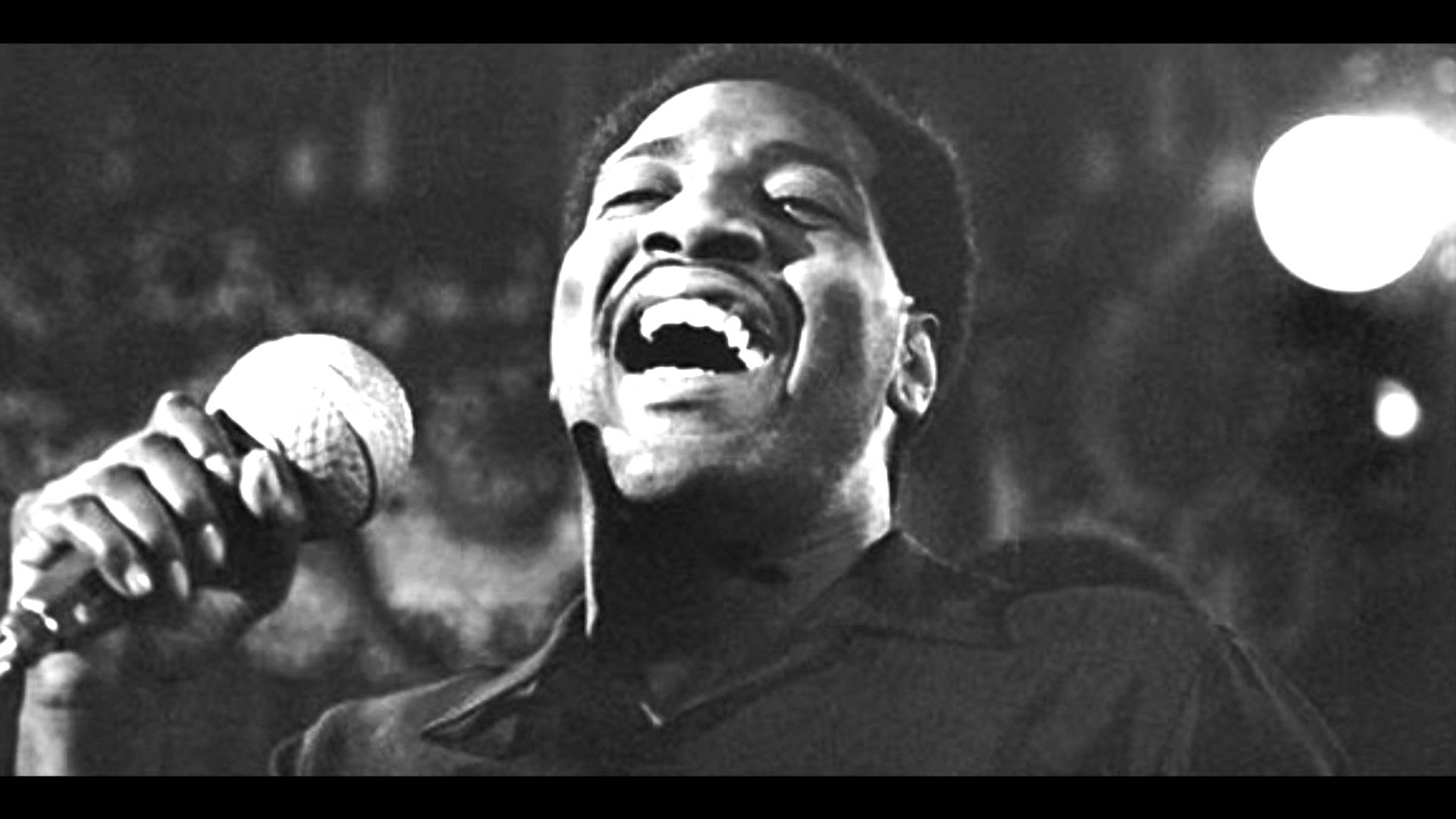
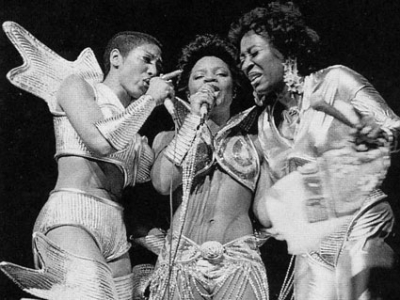
 This time it was Charlie Gray who came to our rescue. Once inside, we were packed like sardines, the only “out-of-towners,” and the crowd in front of and behind us started getting rowdy about whether we belonged. “What are you doing here?” “Go back where you came from.” It was already loud in The Crib but our being there took everything up a notch and Charlie noticed.
This time it was Charlie Gray who came to our rescue. Once inside, we were packed like sardines, the only “out-of-towners,” and the crowd in front of and behind us started getting rowdy about whether we belonged. “What are you doing here?” “Go back where you came from.” It was already loud in The Crib but our being there took everything up a notch and Charlie noticed.
